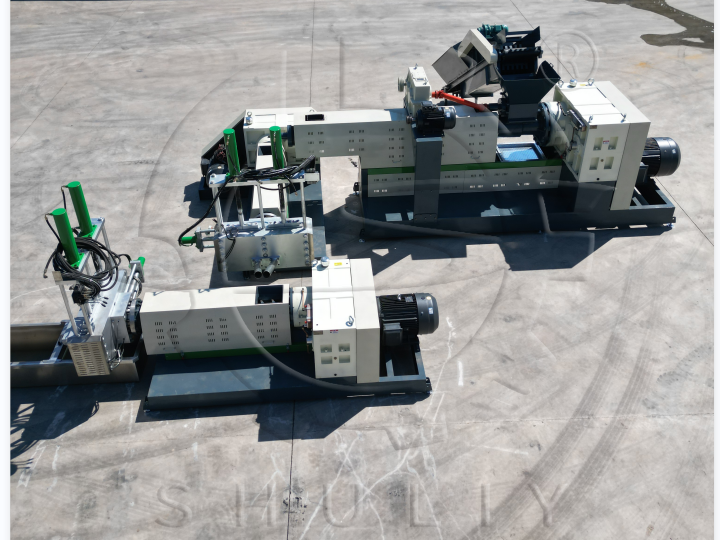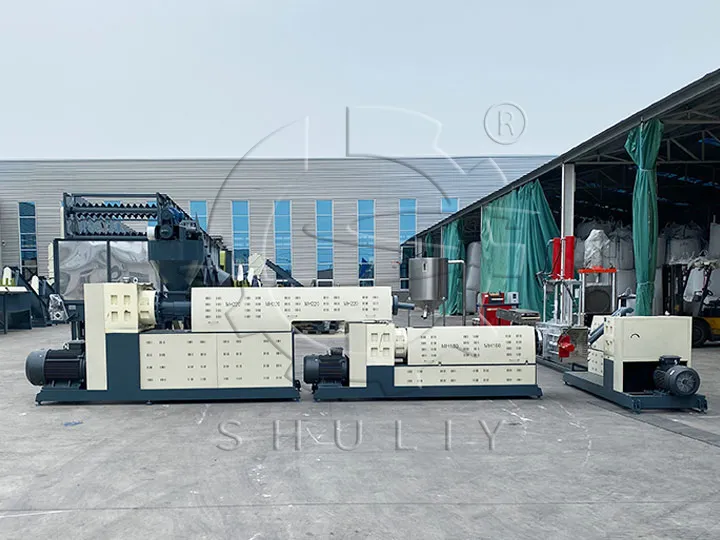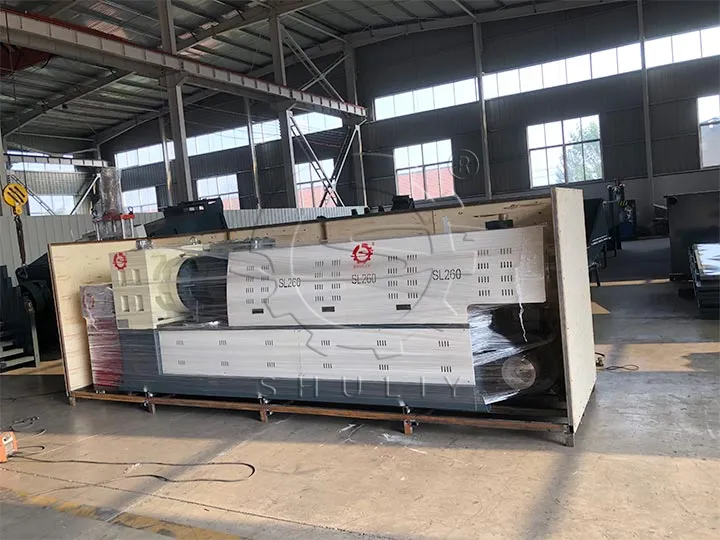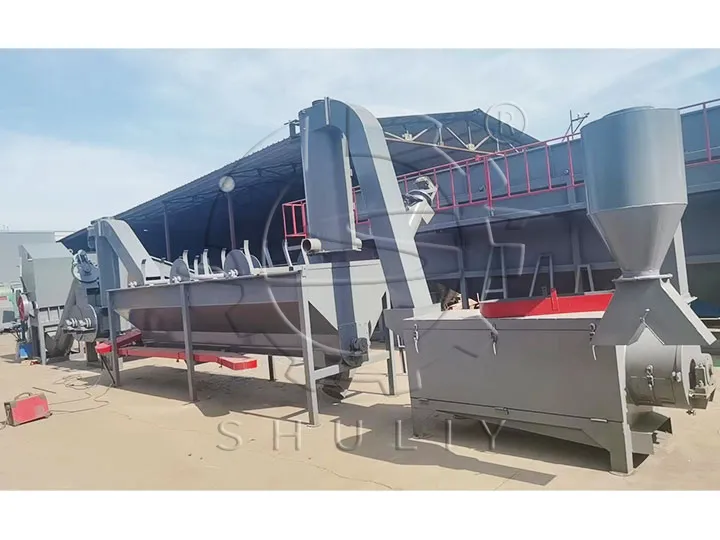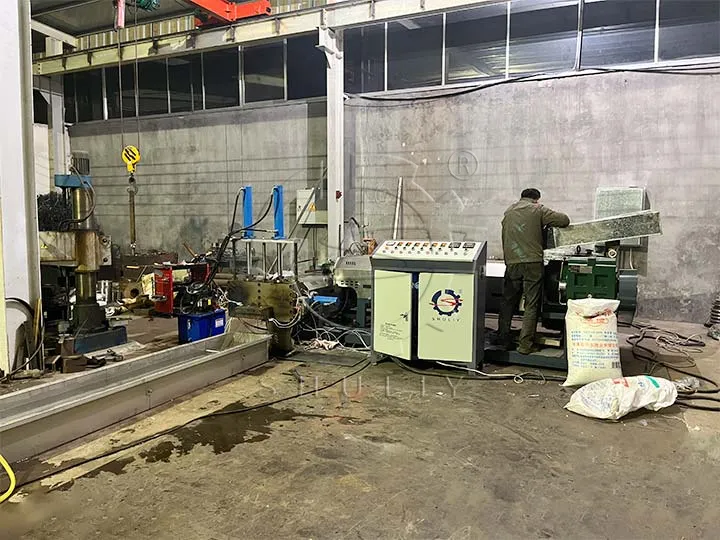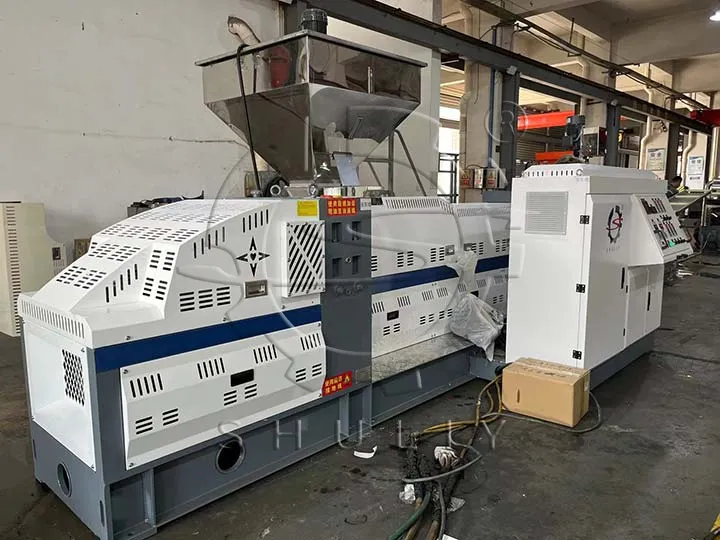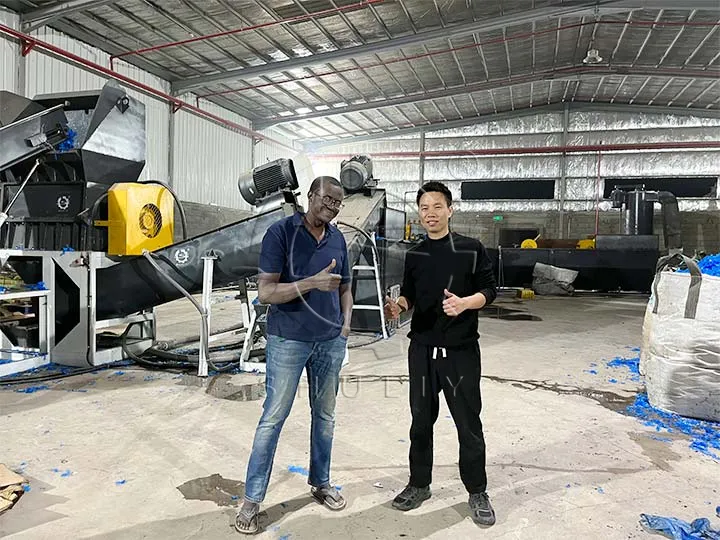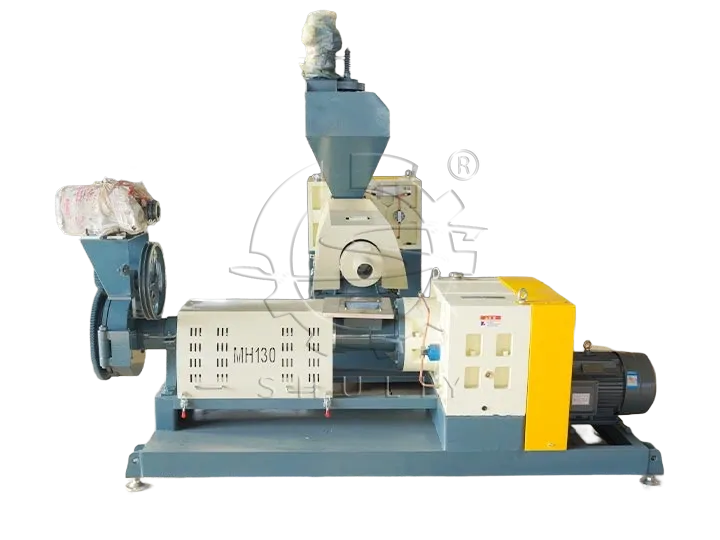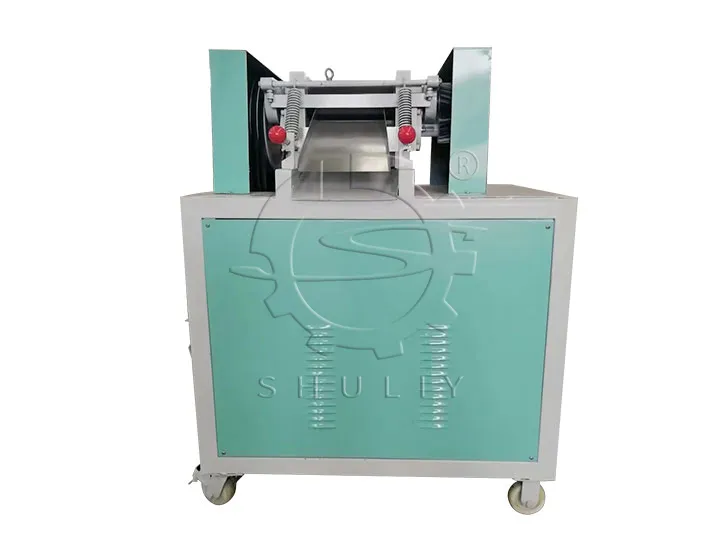Kenya is one of the leading plastic recycling countries in Africa. In recent years, plastic recycling in Kenya has grown exponentially and achieved some success. However, behind the opportunities for development, there are some challenges such as unreliable electricity, high operating costs, and poor quality of recycled pellets. These seriously affect the economics and market competitiveness of plastic recyclers. How can these challenges be addressed to improve plastic waste recycling in Kenya?
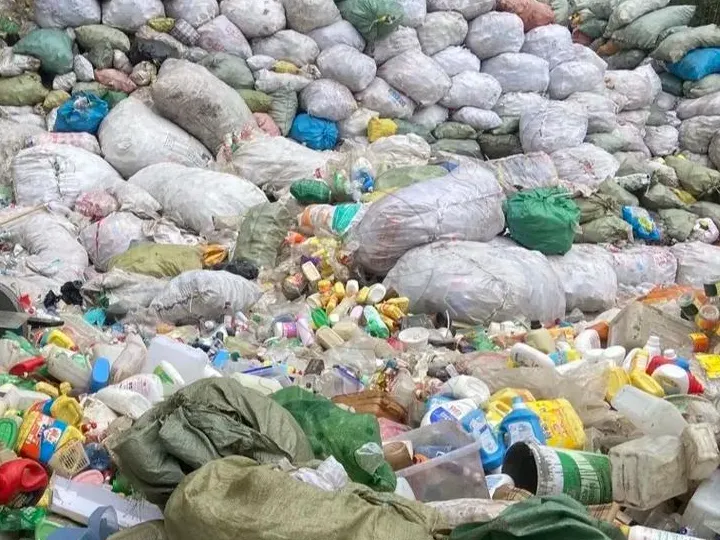
Inadequate power supply affects production stability
The unstable power supply in many parts of Kenya makes it challenging to support the high concentration of electricity in plastic recycling factories, which affects the continuity and stability of plastic recycling. This affects the efficiency of the overall plastic recycling process and reduces the quality of the recycled plastic pellets.
Shuliy provides diesel-powered plastic recycling machines for Kenyan plastic recycling entrepreneurs. Dual power switching between diesel and electric power helps you to realize recycled plastic pellet production continuously and stably.
High operating costs limit profits.
Local plastic recycling equipment in Kenya is relatively simple and less automated, resulting in high labor costs and equipment operating and maintenance costs. For example, in the process of removing labels from plastic bottles, the traditional manual de-labeling per person per day is about 200-400kg of discarded plastic bottles with a de-labeling rate of about 70%; whereas Shuliy’s 1t/h small PET bottle label remover can handle 8 tons in a single day and requires only 1-2 operators to achieve a de-labeling rate of 98% and a productivity increase of about 20-40 times!
Through the introduction of advanced, high-efficiency plastic recycling equipment, labor costs can be significantly reduced, recycling efficiency can be improved, and the scale of recycling can be expanded to realize more profit.
Poor quality of recycled pellets
The end product of plastic recycling in Kenya is usually recycled pellets. Restricted by the quality of raw materials and recycling technology, plastic pellets are always of different quality and are difficult to enter the high-end market. The specific performance is as follows:
- Inadequate classification of plastics: lack of effective separation leads to lower purity of recycled pellets, affecting downstream enterprises’ use.
- Inadequate cleaning process: ordinary rinsing cannot completely remove plastic pollutant residues and cannot meet higher recycling standards.
- Poor pelletizing effect: old pelletizing equipment is unstable, with uneven heating and melting, and it is not easy to control the pelletizing time, temperature, and other conditions, resulting in the uneven shape of recycled plastic particles, and mixed colors, affecting the market’s competitiveness.
In the face of the above pain points of plastic recycling in Kenya, Shuliy can provide a “separation, crushing, washing, pelletizing, drying” fully automatic and efficient integrated pelletizing system, equipped with intelligent cabinets, to achieve full control of the progress of plastic recycling:
- Multi-layer screening mechanism of “raw material sorting, washing and separation, pelletizing and filtering” greatly improves the purity of plastic recycling.
- Adopting the combination of agitation cleaning and high-pressure spraying mechanism to effectively remove plastic impurities.
- Adopting advanced screw melting technology, uniform heating, and complete melting to ensure the fluidity and continuity of plastic melt. In addition, it can intelligently condition the temperature of plastic pelletizing, melting time, cooling time, etc., which helps to produce high-quality plastic pellets.
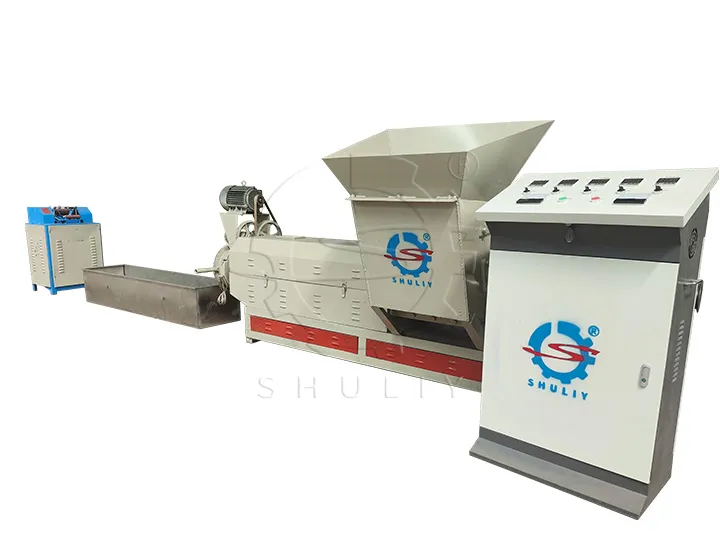
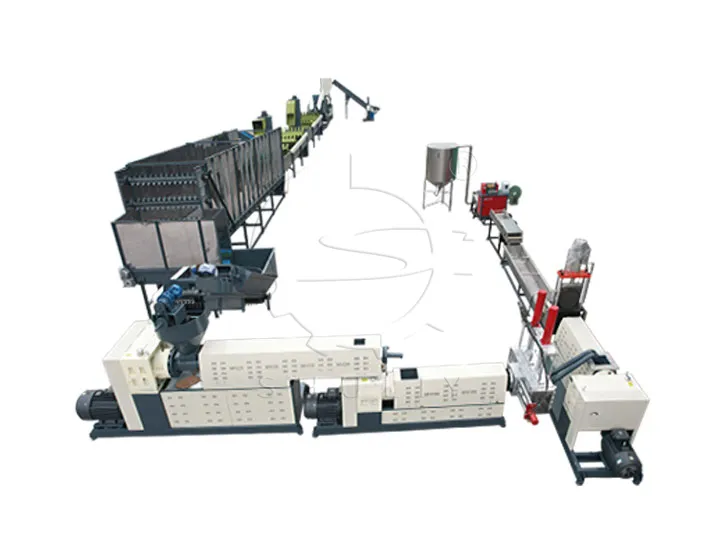
Conclusion
Kenya’s plastic recycling industry has a promising future, and Shuliy is prepared to collaborate with all plastic recyclers to address the challenges of recycling and promote sustainable development!

